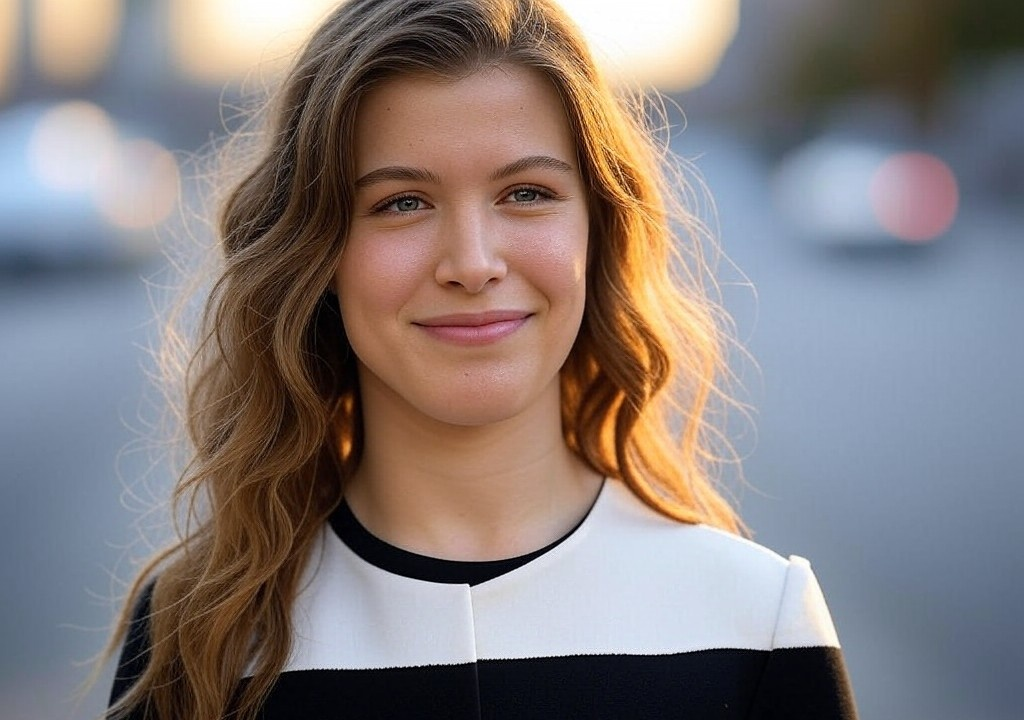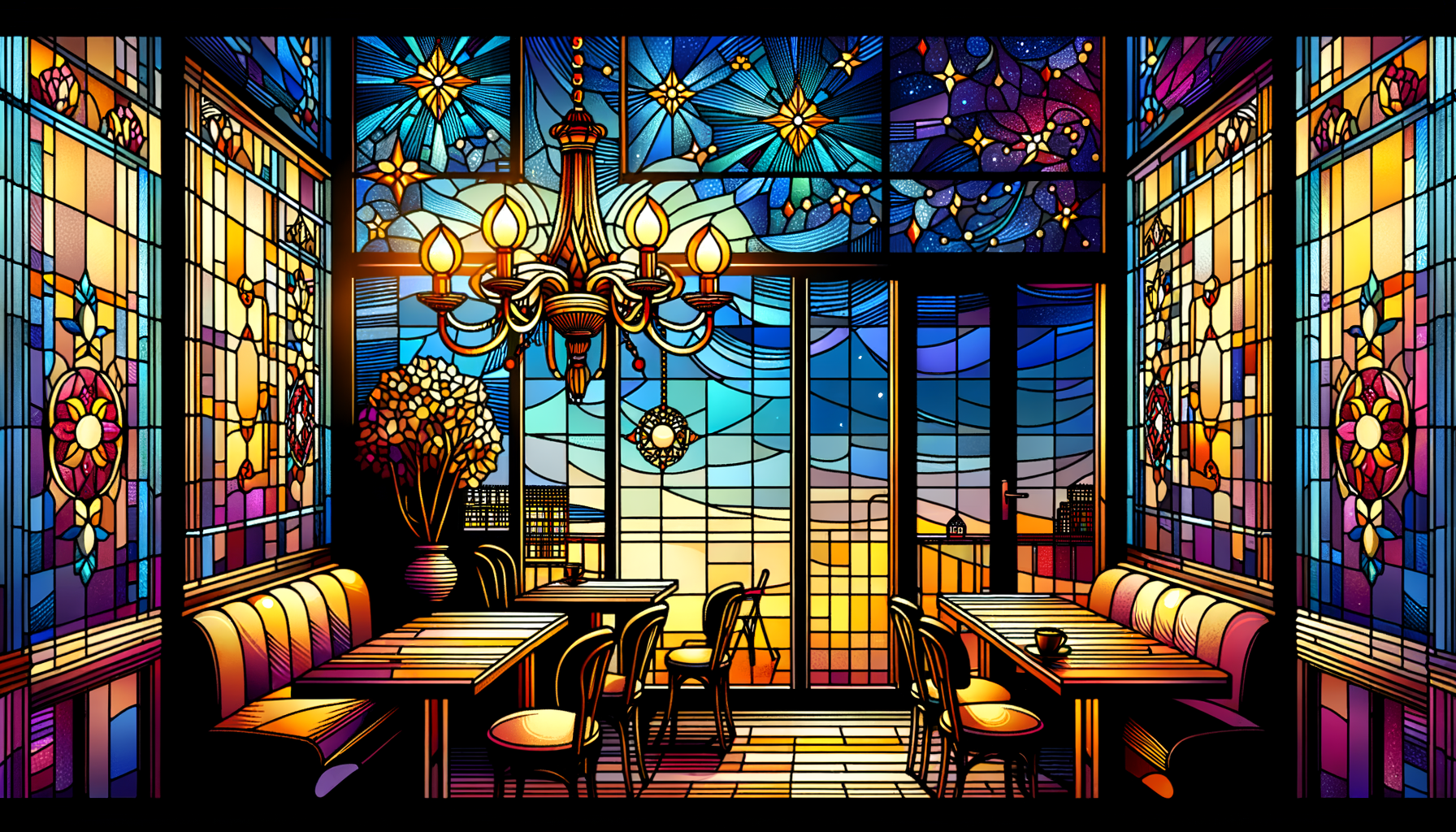The First Time I Felt Seen
The Invisible Outfit
I don’t know if you’ve ever had one of those days where you feel almost embarrassingly invisible. That prolonged sense that you’re not just in the background—you are the background. Your voice seems to fade into white noise, your carefully put-together outfit gains the magical ability to camouflage into walls, and you question if anyone noticed the effort you put into pairing your ankle boots with the exact right wash of denim.
Well, my invisible day had lasted about two years.
At 24, I was newly stationed in Paris for a semester abroad—a Québécoise newcomer trying to plant roots in the endlessly chic 7th arrondissement. I thought I had prepared myself for a grand adventure, trading Montreal’s familiar cobblestones for the romance and endless possibility of Parisian streets. But here’s the dirty secret about immersing yourself in a foreign culture: no one tells you how hard it is to stand out, especially as you try so hard to blend in.
I quickly learned one doomed truth: Paris doesn’t give a baguette-shaped damn about whether you belong. In a city that thrives on hyper-curation—whether in perfume, coats, or lovers—I suddenly felt more generic than a mass-market croissant.
The Table Where It Happened
Until this one afternoon.
Here’s the scene: I was seated in a small café near Rue Saint-Dominique, ostensibly working on an assignment but mostly spiraling in my typical distraction pattern. You know the type—the kind where journaling devolves into people-watching, your cappuccino foam art grows cold, and the existential dread that you’ve been unnoticeable your whole life starts to creep in.
To make matters worse, I was desperately missing the sometimes-nosy warmth of Montrealers. Sure, they’d comment on your choice of hat ("Ma chère, that’s… bold”), but at least someone noticed the hat. In Paris, I felt as if the city’s population was starring in one giant, aloof HBO drama where I hadn’t been cast.
Yet that day, the café owner—a stout man with wiry glasses whose name I later learned was Paul—shuffled past me, stopped abruptly, and peered over my shoulder at the notebook I was scribbling in.
“You write funny,” he said bluntly, his words swift and almost musical in their cadence.
“Excuse me?” I asked, startled.
He pointed to a paragraph where I had messily fused Québécois slang with an overly formal French word that would make even Molière cringe. “Funny,” he repeated. But then came the miraculous moment. “I like it. It’s… you. Keep going.”
It was such a quick interaction that, had it not ended with him ruffling my carefully assembled stack of papers on the table, I might have laughed it off as one more quirk of eccentric Parisian café life. But no—keep going. Two words, spoken with that rare blend of casual encouragement you don’t realize you’re starving for until you hear them.
“Keeping Going”
Here’s the kicker: I realized what Paul really meant was not just “keep writing funny.” What struck me was the subtle invitation to lean into being myself instead of striving to curate some perfected, Paris-ified version of myself.
Something about that moment crystallized my understanding of being “seen.” It’s not about blending in or perfectly matching your surroundings to earn approval. And it’s definitely not about disappearing into a cleanly pressed aesthetic tailored to someone else’s gaze.
For the first time in years, I didn’t feel small. I didn’t feel like static background noise either. I felt like something—no, someone—distinct, even in my delightful little mess of cultures, language quirks, and stubborn Montreal-fueled eccentricities. And as it turns out, being noticed exactly as you are? It feels bigger than the clichéd Eiffel Tower photo-op.
Breadcrumbs of Visibility
It’s fair to say this experience didn’t fix my life overnight. I didn’t suddenly wake up feeling like the protagonist of a Nora Ephron adaptation set in Paris. But what it did do was offer me breadcrumbs. Small fragments of lessons I’ve carried with me in every season of my life since.
-
Your quirks are your power tools. The self-conscious cocktail of Québécois, Parisian, and American pop culture that seeps into all my writing? It no longer embarrasses me—it equips me. It’s like a perfectly worn-in leather jacket that fits awkwardly at first but comes to feel uniquely yours. Embrace your weird mix.
-
Being seen starts with showing up—a little raw, a little real. The easiest way to feel invisible is pretending to be an imitation of someone else. It’s scary to let that go, of course. But there’s something thrilling about realizing that when you scrape off the “should's,” there’s still gold underneath.
-
People notice in unexpected ways. Sometimes the validation you crave won’t come from the friend group you thought should get it. Maybe it's a stranger on the subway admiring your thrifted jacket or a barista complimenting the oddly specific way you order coffee. Be open to unexpected moments of recognition.
Fast Forward: Why This Memory Still Matters
Years later, back in Montreal, I’m standing at my favorite bookstore surrounded by stacks of novels—in French and English—waiting for an author signing. The memory of that Parisian café ambush still resonates, because every time someone awkwardly walks up to me at a book event and says, “Hey, your story sounds... a bit like mine,” I hear Paul’s voice again.
It’s funny, isn’t it? The smallest moment—a stranger lingering too long at your café table—can layer itself into the story of who you become.
So here’s that empowering conclusion I promised: The truth is, we’re most “seen” when we forget about trying so hard to shine. That first glimmer of visibility comes from showing up as yourself—awkward slang, mismatched boots, or scribbled notes in hand. And for anyone out there currently feeling invisible, take it from me: the light finds you eventually. It may not look the way you expected, but when it does, keep going.




















